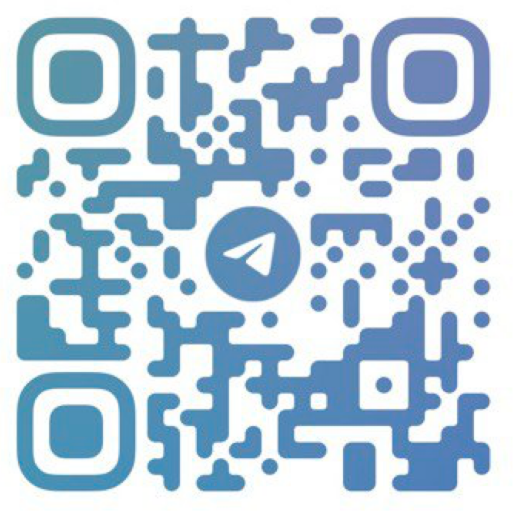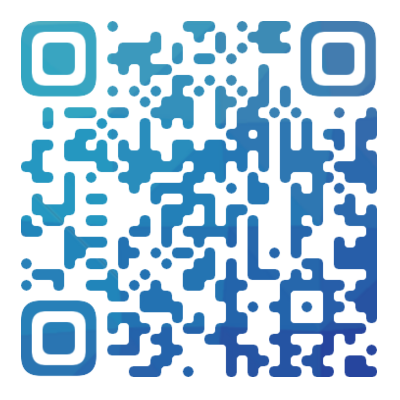










Pocket Network Translation site
Pocket Network: Decentralized RPC protocol enabling blockchain access since 2017, enhancing connectivity and scalability.
Tags:developer tools infrastructure provider Infrastructure Tools NFT APIs RPC Node Providers Web3 apps Web3 development hubPocket Network Web3 Infrastructure Provider - CoinNav.io

What is Pocket Network?
Pocket Network (POKT) is a Web3 infrastructure middleware protocol that provides blockchain bandwidth from a global network of tens of thousands of nodes. Founded in 2017, the founding team aims to address the growing centralization of blockchain data providers, enabling applications that leverage blockchain data to utilize Pocket through familiar remote procedure call (RPC) methods employed by existing software developers. Pocket Network has created a decentralized marketplace for providing and selling node services, abstracting it away from application developers to focus on building exceptional software - Pocket provides the data they and their users need. Pocket is already processing billions of queries per day and supporting interactions between nearly 40 chains, including Ethereum.
Stay Ahead in the Blockchain Industry with Coinnav.io's Comprehensive Toolbox collection.
Pocket Network History
In 2016, the founding team began using Infura, the most popular API service for Ethereum, while developing smart contracts. Through their own experiences, they recognized the importance of Infura for Ethereum in 2016 and 2017. Anticipating a future with hundreds or even thousands of blockchains, shards, and subgraphs, the team started contemplating how to design a protocol that could provide vertically and horizontally scalable infrastructure services in a decentralized manner.
The initial insight was that applications and services built on decentralized ecosystems relied on centralized gateways, creating centralized points of failure within the decentralized technology stack. As decentralized applications (DApps) gained traction among cryptocurrency enthusiasts and mainstream users, developers encountered pain points.
It was not uncommon for developers to face trade-offs between cost efficiency, decentralization, privacy, and service quality. Given the large number of Web3 applications requiring public blockchains and public data, as well as the diversification of blockchains needing to provide public data, the Web3 data infrastructure market is expected to be immense. We have witnessed centralized blockchain infrastructure driving billions of API calls to blockchain data by enabling easy implementation, maintenance, and development of data networks. However, the costs associated with these centralized providers have been substantial.
In recent years, there have been critical service disruptions resulting in the unavailability of essential software such as MetaMask. Even institutional clients capable of paying for premium services have not been spared. From a redundancy and security perspective, these incidents clearly highlight the risks of single points of failure. Meanwhile, application developers lack the resources, expertise, or time to host their own full nodes. Ultimately, this has led to an excessive reliance on a small number of centralized providers.
Pocket Network Features
Pocket Network is a decentralized solution that effectively reimagines blockchain infrastructure, addressing the paradox of running decentralized networks on centralized infrastructure. Here's how the network becomes antifragile and ready to scale to support billions or even trillions of API requests daily:
- Cost: By providing an easily integrated network of relays, Pocket Network eliminates the need to pay exorbitant fees to access blockchain data through platforms like Infura and AWS. Unlike other API providers, Pocket Network reduces bandwidth costs to near-zero by allowing applications to stake POKT tokens as a one-time pledge for the required relays.
- Performance: Decentralized infrastructure helps mitigate downtime and latency issues associated with centralized node providers, as nodes are incentivized to provide reliable and timely responses to requests or face penalties.
- Privacy: Applications no longer pass data through centralized intermediaries when communicating with the blockchain, enabling better protection of their own and user data, and ensuring no centralized entity can store, sell, or abuse the data.
- Multi-chain: Pocket Network supports various blockchain networks like Ethereum, Binance Smart Chain, Avalanche, and more without the need for manual integration and maintenance. Adding new chains is as simple as adding a line of configuration code.
- Uptime: Its large-scale redundant node network ensures applications maintain uptime as close to 100% as possible.
- Egalitarianism: All applications have equal priority within the network, with the only differentiation being the number of API requests they submit based on their total staked POKT. Similarly, all nodes have an equal opportunity to be selected for sessions regardless of their stake size, ensuring rewards are evenly distributed throughout the network.







